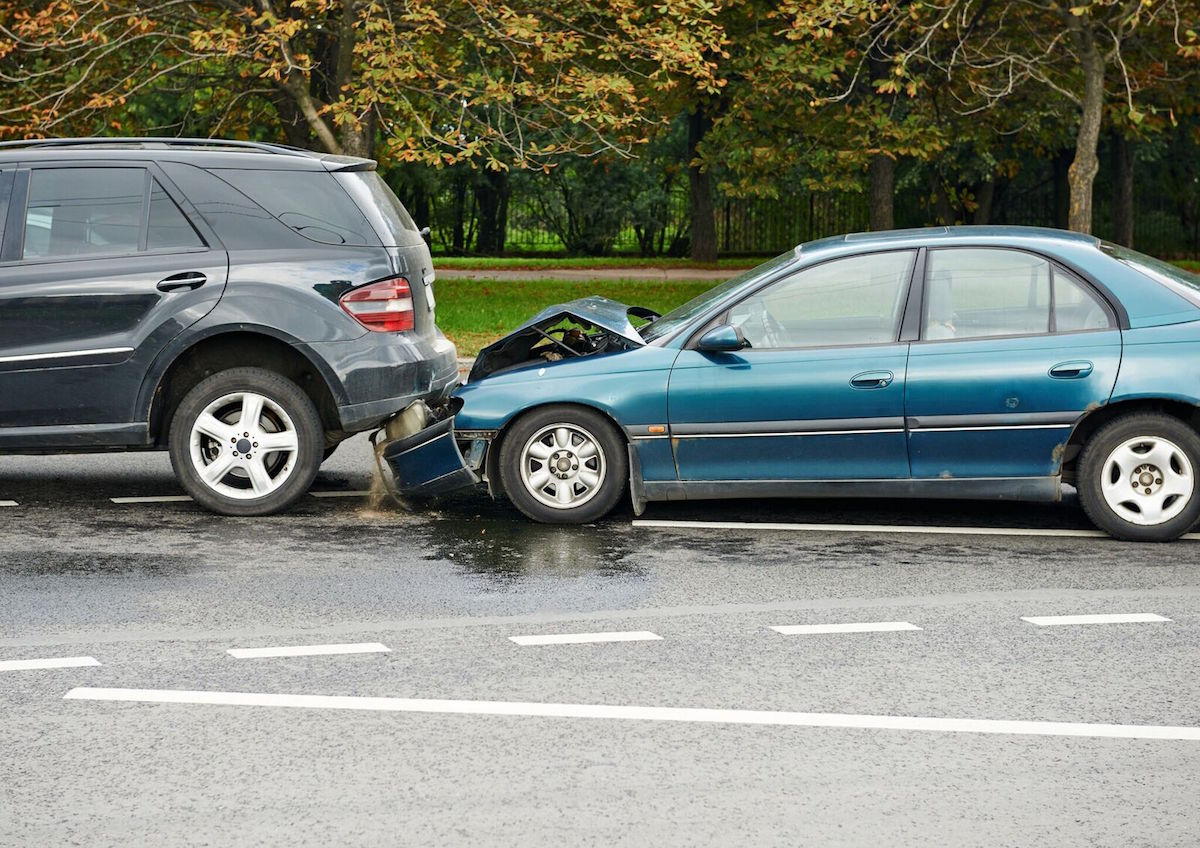A car accident can be a traumatic event, even if the collision is minor and no one is seriously injured. It’s not uncommon to experience emotional symptoms following the accident, even a month afterward. But, some mood changes or emotional symptoms may be signs of a more serious mental or even physical complication from the crash (i.e. concussion/mild traumatic brain injury).

Shock is normal after an accident
The moments after a car accident can feel surreal. You may find yourself staring at the scene of the accident, confused and in disbelief. Shock is a normal emotion after an accident, especially if you had little or no warning before impact.
Adrenaline rush causes mood changes
During the accident, your body is flooded with adrenaline. This “fight or flight” hormone increases your heartbeat, speeds up your breathing and even changes your metabolic system. When the adrenaline leaves your body, you may find yourself exhausted, anxious and depressed.
Anger and irritability should fade
Not only is a car accident frightening, it’s also a major inconvenience. It’s normal to feel irritated and a little angry. The adrenaline in your system may heighten these emotions. Try to acknowledge your anger without acting out on it.
Symptoms of Mood Changes
These mood changes after an auto accident are normal and should fade. They may also have accompanying physical symptoms.
- Trouble sleeping, insomnia, or nightmares
- Dry mouth
- Racing heart
- Headaches
- Stomach distress
- Confusion
- Forgetfulness
- Extreme “startle” reflex
Talk about extreme fear or anxiety
Reliving the accident, avoiding the scene of the crash, or not driving altogether are all signs of persistent anxiety or even Post-Traumatic Stress Disorder (PTSD). Talking about your feelings is one of the best therapies for dealing with anxiety after an accident.
Depression should be monitored
While feelings of sadness are a normal short-term side effect of a car accident, mood changes can be long-term. Our team at Florida Physical Medicine can create a specialized treatment plan to help relieve the stress and anxiety caused by the accident.
Car accident victims can experience PTSD
Sometimes the mood changes after a car accident are so severe they disrupt your normal life and may be signs of a more serious emotional injury, such as Post Traumatic Stress Disorder. A car accident doesn’t necessarily have to be serious for a person to respond with PTSD, especially if they have already experienced a traumatic event before. If you experience the following symptoms after an auto accident, schedule an evaluation with our team.
- Chronic nightmares
- Obsessive thoughts about the accident
- Flashbacks, reliving the event
- Forgetting details of the accident
- Sudden mood swings, especially feelings of irritability and anger
- Withdrawal from loved ones
- Extreme anxiety or paranoia
Sudden mood changes may signal hidden injury
Extreme changes in mood after an accident may be due to an emotional injury, or they may be side effects of a physical one. In serious accidents, the brain may become injured during the impact. If you are in shock, however, you may not feel any pain and refuse medical care–though it is advisable to always seek immediate medical attention after an accident.
Treatment and Recovery for Mood Changes
There are many resources and therapies available to you if you experience negative mood changes after a car accident. One of our caring physicians can help you through your moods and emotions after the auto accident. Life after an auto accident can be traumatic and leave an emotional scar, but we are here to help. Our doctors at Florida Physical Medicine will review your symptoms and come up with a personalized treatment plan that fits your needs.

